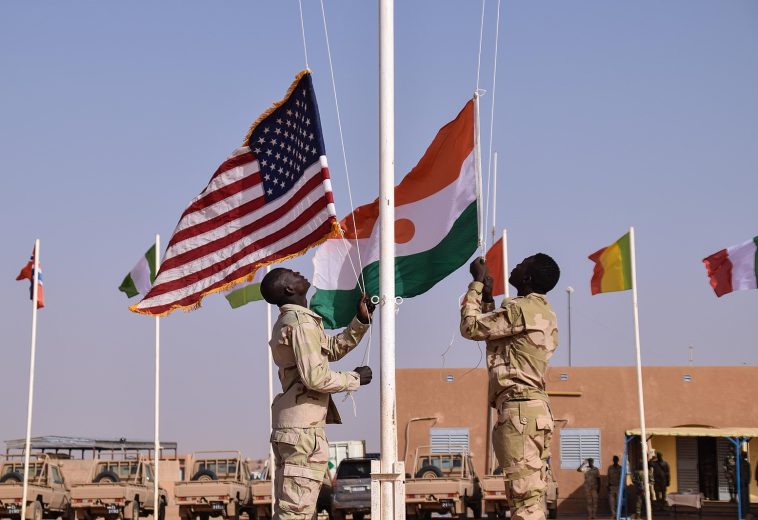South Africa has taken a bold step by appealing to the International Court of Justice (ICJ) for urgent intervention against Israel, citing the dire situation in Rafah, Gaza. This critics believe, does not only address immediate humanitarian concerns but also has profound implications for international law and global governance.
Legal Arguments and Stakes
South Africa’s legal plea to the ICJ is built on allegations of genocide and grave breaches of international humanitarian law. The appeal asserts that Israel’s military actions in Rafah are aimed at the systematic destruction of the Palestinian population in Gaza, constituting a genocide under the Genocide Convention.
In presenting their case, South African representatives argued that previous provisional measures issued by the ICJ were inadequate. They highlighted that despite the court’s initial orders, which mandated Israel to prevent further deaths and destruction and ensure humanitarian access, violations persist. This, they contend, underscores the need for more stringent measures to protect Gaza’s civilian population.
Israel’s defense, on the other hand, claims its actions are in legitimate self-defense against Hamas, which it accuses of perpetrating genocidal acts. Israeli representatives maintain that their military operations are necessary to neutralize a terrorist threat and protect Israeli civilians.
Implications for International Law
The case brought forward by South Africa is a landmark in the context of international law. It questions the effectiveness of existing international legal mechanisms in safeguarding vulnerable populations during armed conflicts. Should the ICJ grant the requested emergency measures, it could establish a significant precedent for the court’s proactive role in mitigating ongoing conflicts and enforcing international humanitarian standards.
Furthermore, the participation of other nations, such as Libya, Nicaragua, and Colombia, in supporting South Africa’s plea indicates a growing international consensus on the necessity of legal action to address allegations of genocide and war crimes. This collective move could enhance the scrutiny of state actions in conflict zones and reinforce the authority of international legal institutions.
Potential Outcomes and Regional Impact
If the ICJ rules in favor of South Africa’s request, the immediate implications could include a cessation of Israeli military operations in Rafah, mandated unimpeded access for humanitarian aid, and a requirement for Israel to report on compliance with these directives. Non-compliance could lead to international condemnation and potential sanctions, significantly impacting Israel’s global standing.
READ ALSO: Iran President’s Death: Reactions from African Leaders
In the long term, a favorable ruling for South Africa could bolster the credibility and authority of the ICJ in conflict resolution, encouraging other nations to pursue legal avenues for addressing humanitarian crises. This would promote a rules-based international order and enhance the protection of civilian populations in conflict zones.
Conversely, if the ICJ rejects South Africa’s plea, it may raise concerns about the efficacy of international legal institutions in addressing urgent humanitarian issues. This could potentially embolden states to continue or escalate military actions without fear of immediate legal repercussions, posing challenges to global peace and security.
The legal arguments presented and the court’s subsequent decision will have far-reaching implications for the protection of civilians in conflict areas and the role of international law in resolving such crises. The outcome of this case will likely shape and reinforce the importance of legal recourse in maintaining global justice and peace.


